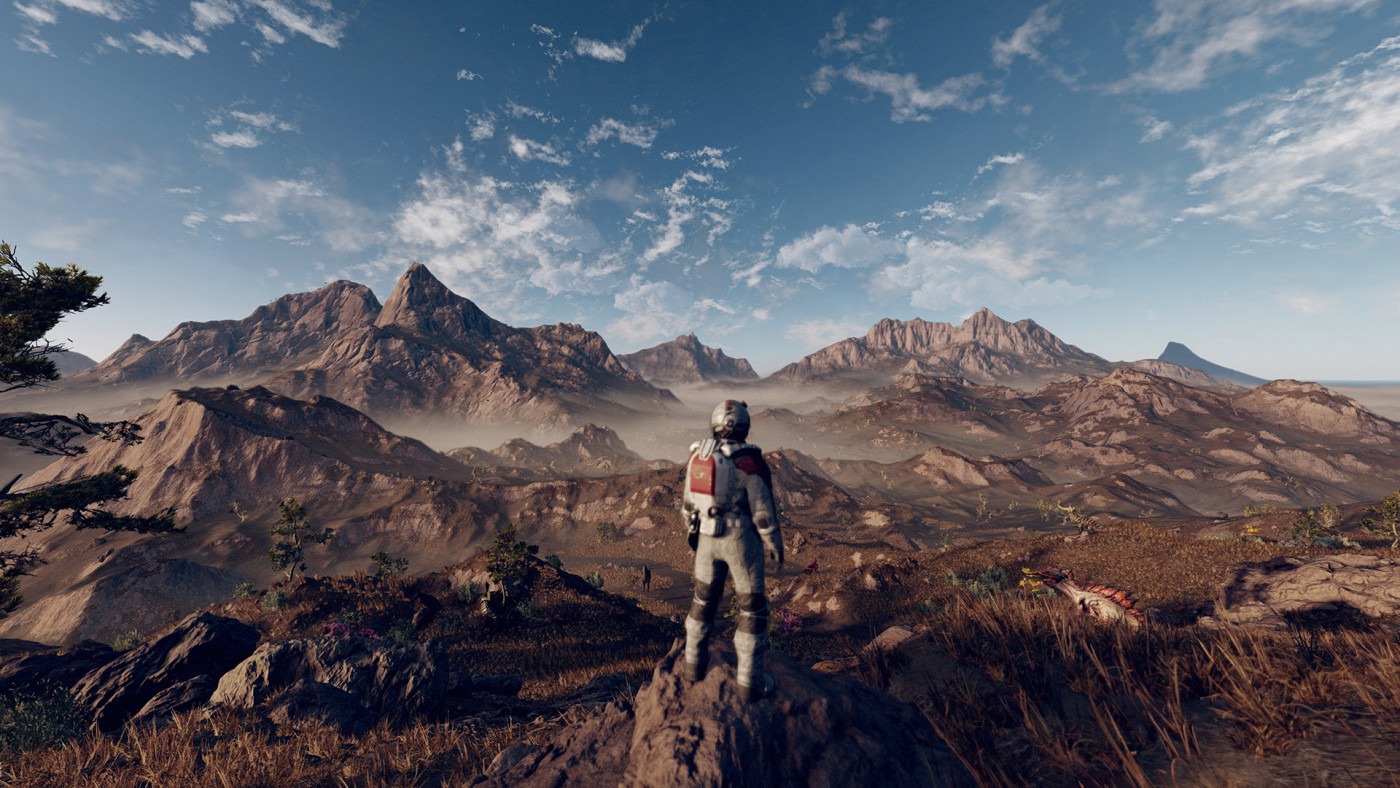Preordering games is hurting the industry
One of the cornerstones for a successful product launch is the marketing campaign, and it’s easy to argue that it’s the most important. After all, no one will buy your product if they haven’t even heard of it. When it comes to marketing, the gaming industry has a special trick up its sleeve in the form of preorders. Other industries might struggle to incentivise buyers to commit to a product before release, but games companies only need to boast exclusive bonuses and bombard us with ads to get the cash flowing.
While most (adult) gamers are aware of other predatory marketing tactics, such as loot boxes and microtransactions, the dangers of preordering are often overlooked.
What’s interesting is that preorders can damage companies as well as gamers.
While the cash generated from preorders may appear financially beneficial to higher-ups and investors, it can ruin a company’s reputation in the long run and have devastating effects on player counts, game lifespan, and future releases.
Preordering puts a huge amount of pressure on developers to produce a title worthy of an elevated price. Of course, developers should always strive to deliver the best quality games free from major bugs and performance issues, but that should be the bare minimum. To justify the preorder pricing, which is often much higher than the RRP, the game would need to exceed all expectations. Not to mention, the preorder bonuses are often meagre and arbitrary; amounting to nothing more than cosmetic items that don’t significantly enhance gameplay. In the past, companies were more likely to promise exciting physical rewards, but only one look at the Fallout 76 ‘canvas bag’ fiasco shows how that can backfire. As a result, gamers are expected to spend big money on meaningless digital rewards, without any kind of guarantee that the game will be in a playable state when it ships.
The more people spend, the more enraged they will be if a product does not meet their expectations. Angry gamers mean bad press, and bad press means tanking stock and a potential loss of valuable reputation. CD Projekt Red experienced this fall from grace with Cyberpunk 2077’s launch – they spent years generating hype for a game and cashing in on preorders, only to deliver a broken mess at launch. Cyberpunk 2077 was so broken that Sony removed the game from the PlayStation store, considering it unfit for their customers. Despite the apologies and improvements CDPR have made to the game, it is doubtful they will ever recover the trust they once prided themselves on, and they’ll forever be used as a cautionary tale.
one can’t blame the companies, or the studios, or the developers, when there’s only one real culprit
When we preorder a game, we are sending a message. In the most positive light, we are telling the company that we have faith in them. We trust their ability to deliver a great game that fulfils our expectations. In the worst light, we are telling the company that quality is meaningless – that if there’s hype, if there’s a famous IP involved, if it comes from our favourite studio, or if there are shiny rewards for preordering, then we will throw money at them way before they ever have to commit to the quality deserving of such extortionate prices.
This preorder dilemma comes after keeping myeye on the recent release of Starfield. I have not been able to play it yet myself, mainly because I don’t believe it’s worth spending an extra £30 to get access to the game 5 days earlier than everyone else. Is 5 days really worth £30, which is almost half the price of the Standard Edition? Despite the success of Starfield, and the huge improvements to common issues in BGS games, their philosophy towards launch issues still appears to be “no need to fix any bugs, modders will do it for us”. Bethesda Game Studios are not even a particularly notorious example of this issue, it’s one that plagues all the biggest names in gaming. I can’t help but notice how most AAA games follow a pattern: generate hype, collect cash before the game releases, launch a buggy/disappointing/overpriced game (sometimes all three), then disappear when players start complaining.
That being said, one can’t blame the companies, or the studios, or the develepors, when there’s only one real culprit.
It’s our fault. We’re the ones preordering; we’re the guilty party. If we want our games to be the best they can be, then we need to show games companies that they must earn our money. It isn’t a given, and we won’t part with it before reviews are in, and quality is assured. Most indie devs understand that they have to prove their game is worth buying by releasing it, giving out review codes, and setting reasonable price points. In fact, some indie games are of such a high standard that they deserve to earn far more money and attention than the triple A garbage we’ve been treated to in the past decade or so. No matter how tempting it might be, no matter how strong the FOMO, we need to come together and show that the quality of a game needs to reflect the investment we made in it.

Comments